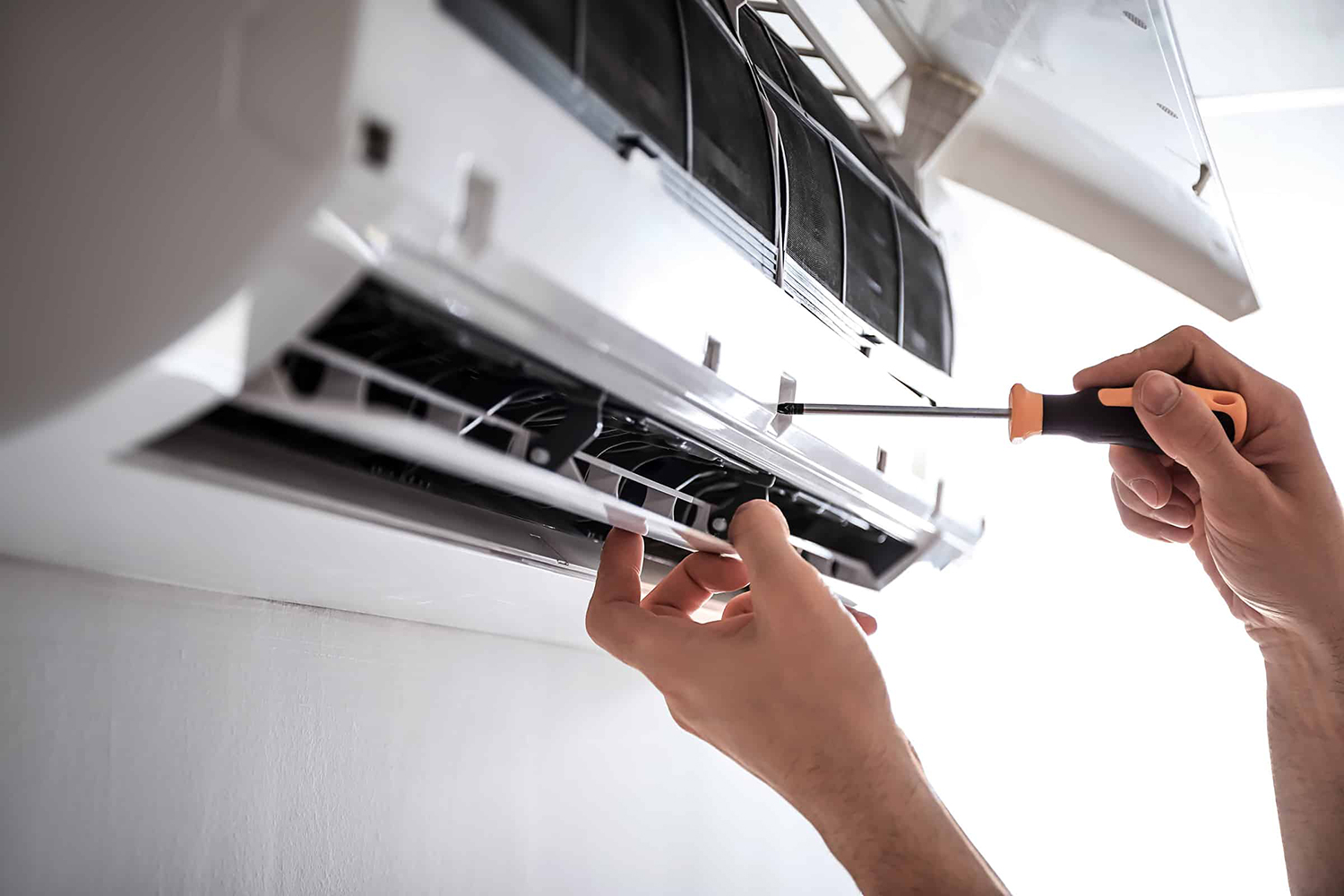Regarding creating a pleasant living environment, understanding HVAC is crucial. Whether you're a homeowner wanting to make upgrades or an individual interested in furthering your knowledge about heating and cooling systems, this guide will help you find your way through the frequently confusing world of HVAC. From selecting the right system to knowing when to repair or replace your existing setup, we will provide you with the information you need to budget properly for your HVAC needs.
Your HVAC system holds a significant role in your home’s overall efficiency and comfort, but numerous people are not aware of the costs associated with installation, maintenance, and repairs. With this knowledge, you can make informed decisions that not only enhance your indoor comfort but also help you save on energy bills. We'll also explore common HVAC problems and present solutions, recommendations for improving energy efficiency, and tips on maintaining good indoor air quality. By the end of this article, you'll be better equipped to comprehend the costs involved and how to make the most of your HVAC investment.
Understanding HVAC
HVAC is an acronym for the process of heating, ventilation, and air conditioning. It functions as a important aspect of residential and industrial buildings, guaranteeing comfort and sustaining indoor air quality. These systems control temperature and humidity control while offering pure air through proper filtration and air exchange. click here to read are available in different types, each designed to satisfy the specific thermoregulatory demands of the area they support.
At its core, an HVAC system consists of a heating unit or thermal pump for providing heat, an cooling system for cool air, and a series of ventilation ducts or pipes that deliver air throughout the facility. The system also includes a thermostat for adjusting heat levels and filtration systems to eliminate dust and irritants from the air. Comprehending how each component works together is essential for efficient operation and maintenance.
The effectiveness of an HVAC unit is greatly influenced by proper setup and consistent service. Homeowners and businesses must pick the right system based on the scale and specific needs of their environment. Additionally, routine inspections and tune-ups help prevent common malfunctions and confirm the system functions at peak performance, ultimately saving money on energy costs and extending the duration of the equipment.
Heating, Ventilation, and Air Conditioning Upkeep and Effectiveness
Regular maintenance is crucial for ensuring your HVAC system operating efficiently. This includes tasks such as replacing air filters, washing coils, and monitoring refrigerant levels. Ignoring these maintenance tasks can lead to decreased system efficiency, higher energy bills, and even unexpected breakdowns. Property owners should plan professional inspections at least once a year to ensure all components are operating correctly and to identify any potential issues before they escalate.
Efficiency is not just about routine maintenance; it also involves enhancing your HVAC system's performance. Consider using smart thermostats to set temperatures based on your routine, reducing energy consumption when you're not home. Sealing your home effectively and fixing any air leaks can significantly enhance efficiency by allowing your system to work less while keeping comfort levels. Small changes in your HVAC usage habits can result in substantial savings over time.
Moreover, upgrading to high-efficiency models can yield both short-term and long-term benefits. Latest systems are built with innovative technology that improves efficiency ratings, which means lower energy costs. If your system is more than a decade old, it may be time to assess your options. Investing in an energy-efficient HVAC system not only supports reduce your environmental impact but can also boost your home's value and give you with better indoor air quality.
Advanced HVAC Systems and Innovations
The HVAC industry is always evolving, with advancements in tech leading to more efficient heating and cooling solutions. One of the most exciting innovations is the emergence of intelligent HVAC solutions. These technologies can be managed remotely via cell phone apps, permitting homeowners to check and tweak their heating and cooling settings from any location. This not only enhances convenience but also contributes to power savings by allowing users to fine-tune their setup based on live data and occupant behavior.

Another noteworthy innovation is the integration of clean energy into within HVAC systems. Solar-powered HVAC systems, for instance, utilize solar energy to reduce reliance on traditional power sources, resulting in lower energy bills and a reduced carbon emissions. Additionally, geothermal heating and cooling technologies are gaining traction for their effectiveness and ecological benefits. By utilizing the ground's stable subterranean temperature, these technologies can ensure pleasant indoor environments while consuming less energy than standard solutions.
As HVAC technologies continue to develop, indoor air quality is a top concern for homeowners and organizations alike. Modern technologies are now equipped with advanced filtration and ventilation solutions that significantly boost indoor air quality. The best air filters and smart sensors detect and respond to airborne toxins and allergens, providing fresher air while promoting improved health and comfort. These advancements not only make HVAC technologies more optimized but also improve the overall living and working environment.
